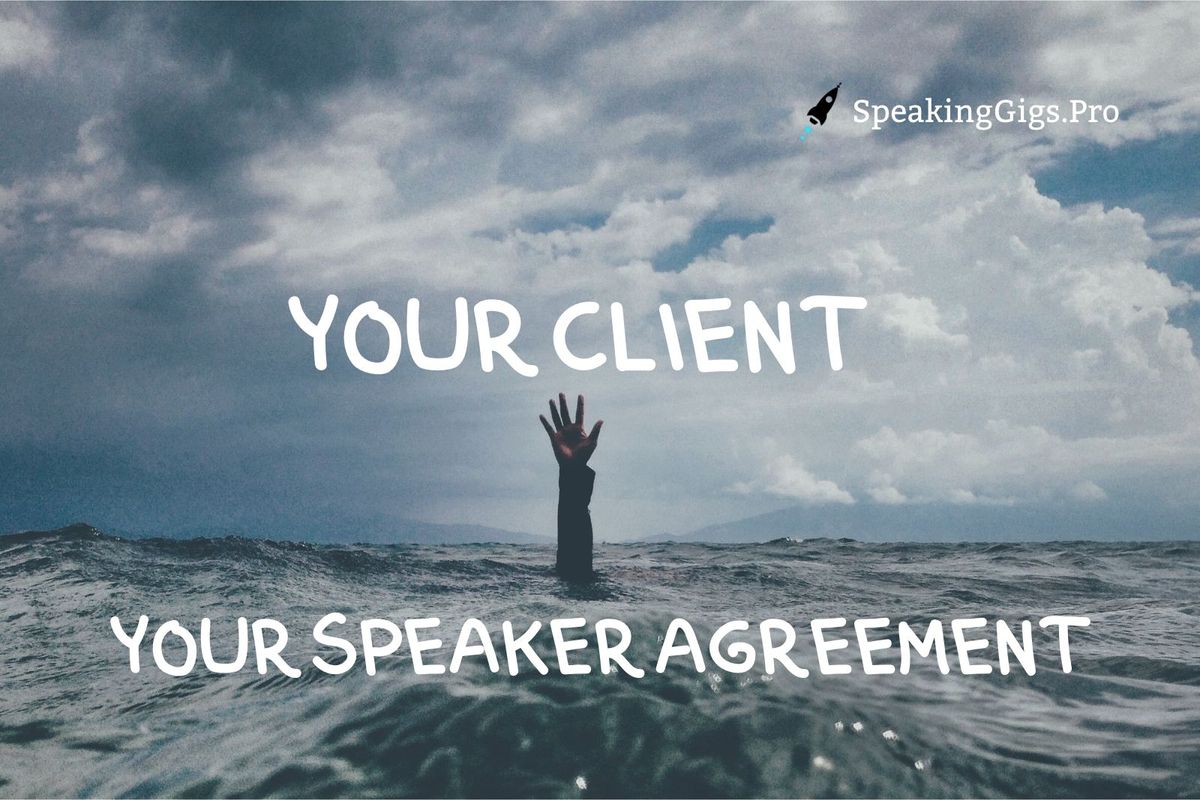Let’s talk money.
Hopefully, you have a good idea of your speaking fees, revenue goals, and expenses when it comes to running your business…
But what about the finer details? The money you may be losing each time you file your taxes at the end of the year?
Personally, I spent more than 15 years trying to find an accountant who was savvy to the world of public speaking… and over and over again, I failed.
Honestly, they just don’t exist. I’ve looked everywhere – big firms, small firms, even the guy with a folding table at the mall during tax season. Nothing.
And with something like 40,000 Americans earning a significant portion of their income from speaking, there’s a good chance your current accountant has never seen another speaking business.
That’s the only way you’ll come out on top when tax season rolls around.

Why “Generic” Accountants Fail Speakers
The solution to this problem isn’t to find the “perfect accountant.” Instead, this is your chance to learn some important concepts that will help you mold the accountant you do choose into someone who can serve you well.
After 15 years, I finally feel confident with the person who handles our books. (I’m happy to refer you, but be warned, they don’t come cheap. However, their work has paid dividends when it comes to the money they’ve saved us over the years.)
That’s because I’ve moved beyond the “generic” accountant. The run-of-the-mill accountant you find in your local area often fails when it comes to the speaking business for several reasons.
Mainly, you don’t fit into a simple box…
- You’re not a consultant because most consultants don’t perform in 15 different states over the course of one year,
- You're not an entertainer because entertainers don’t usually develop intellectual property through research and development,
- You’re not an educator because educators don’t have performance wardrobes and props,
- And you’re not just a salesperson because you’re doing all this other stuff too.
So, what are you?
You’re a SPEAKER! A business person with very unique needs that any accountant will need to learn about before they can best serve you.

The Tax Traps Most Accountants Miss
When it comes to filing your taxes at the end of the year, there are several mistakes the average accountant will make unless they are more familiar with your business.
Each one of these mistakes hits you where it hurts the most… your wallet.
First, they will often miss research and development deductions to cover all those times you were learning about your speech topic, testing ideas with audiences, or going to free gigs just to develop your performance.
Next, there are multi-state tax obligations you’ll need to fulfill since you likely travel all over the country on your yearly speaking tour.
Many accountants make the mistake of classifying you as a consultant – especially if that is part of your business’s revenue.
Now, before I go much farther, I need to make one giant disclaimer…
Most accountants defer to what they know. So, when they see speaking fees, they think that’s “consulting.” When they see travel expenses, they think in terms of travel related to sales. When they see clothing receipts, they assume that’s not deductible.
They’re not wrong in their world.
You just need them to understand YOUR world.
You can’t trust your accountant blindly or else you’ll miss out on important deductions. For instance, if you can’t explain why your stage wardrobe is a uniform, you’re going to miss out on that deduction. If you don’t track which states you spoke in, you’ll face some penalties.
If you don’t understand all of these little nuances and bring them up with your accountant, getting them to dive deeper and ask questions, you’re going to end up paying more than you need to pay.
I had to learn this the hard way – with thousands of dollars lost along the way.









